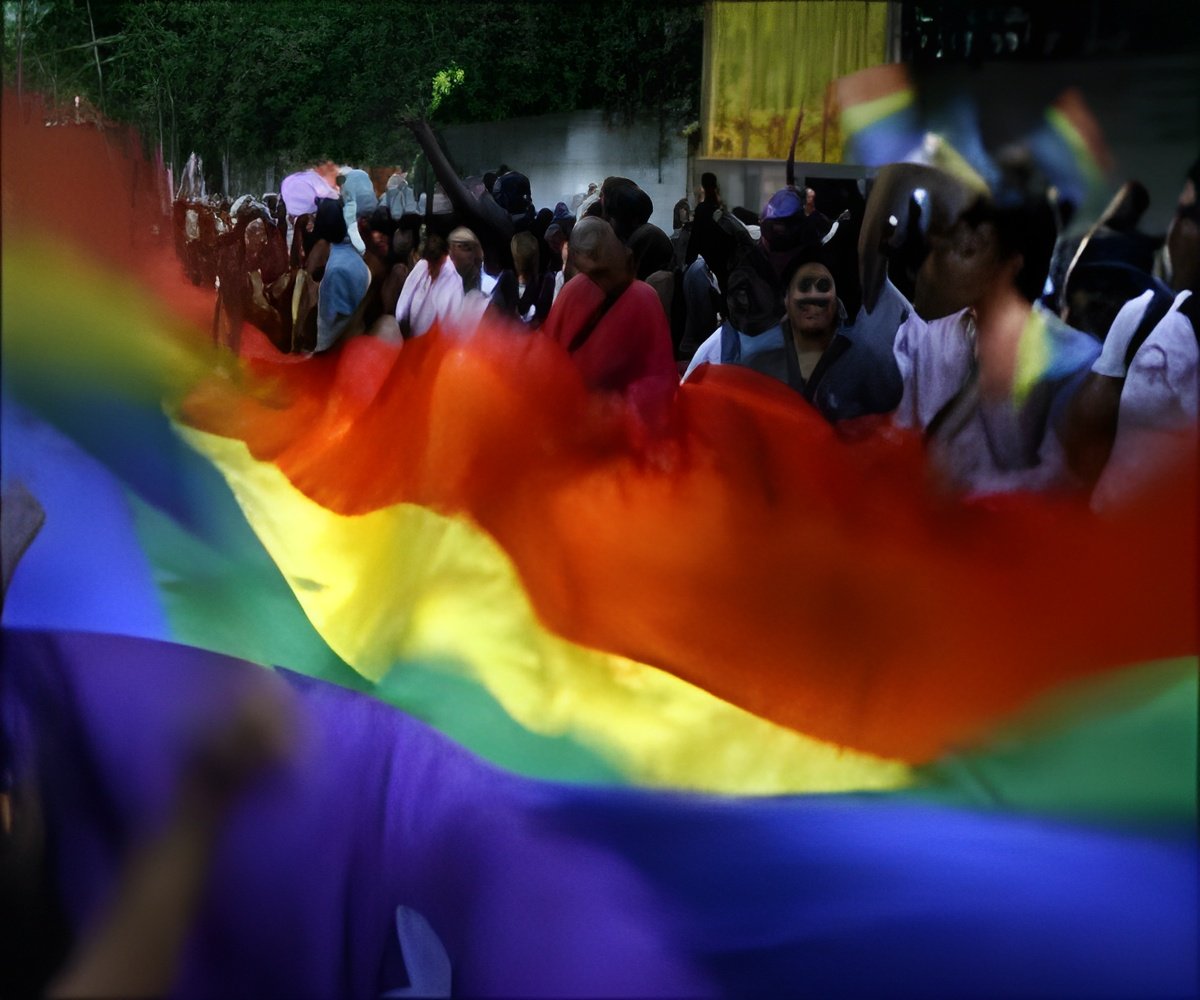LGBT older adults face disparities in health and well-being compared to heterosexual peers, including higher rates of disability, cardiovascular disease, etc.

‘LGBT older adults face disparities in health and well-being compared to heterosexual peers, including higher rates of disability, cardiovascular disease, depression and social isolation.’





Karen I. Fredriksen-Goldsen, PhD, a professor in the University of Washington School of Social Work, served as editor for this journal issue, which contains 10 articles. "These articles provide the opportunity to consider how social, historical, and environmental contexts influence the health and well-being of LGBT older adults as we move forward in aging-related research, services, and policies -- especially if we are to understand the realities of older adulthood across diverse and vulnerable communities." said Fredriksen-Goldsen. "The insights gleaned from this study of aging among LGBT older adults can deepen our understanding of the richness, diversity, and resilience of lives across the life course."
Findings in the journal reveal that 2.4 percent of older adults in the U.S. currently self-identify as LGBT, accounting for 2.7 million adults aged 50 and older, including 1.1 million aged 65 and older.
Collectively, the articles cut across three major themes: risk and protective factors and life course events associated with health and quality of life among LGBT older adults; heterogeneity and subgroup differences in LGBT health and aging; and processes and mechanisms underlying health and quality of life of LGBT older adults. The authors address the intersection of health and well-being with such topics as race and ethnicity, HIV status, military service, marriage, social networks, and depression.
"LGBT older adults face disparities in health and well-being compared to heterosexual peers, including higher rates of disability, cardiovascular disease, depression and social isolation," Fredriksen-Golden said. "Discrimination, stigma, and lack of healthcare access is associated with these elevated disparities. It is important to understand that these communities are diverse, and unique groups face distinct challenges to their health."
Advertisement










